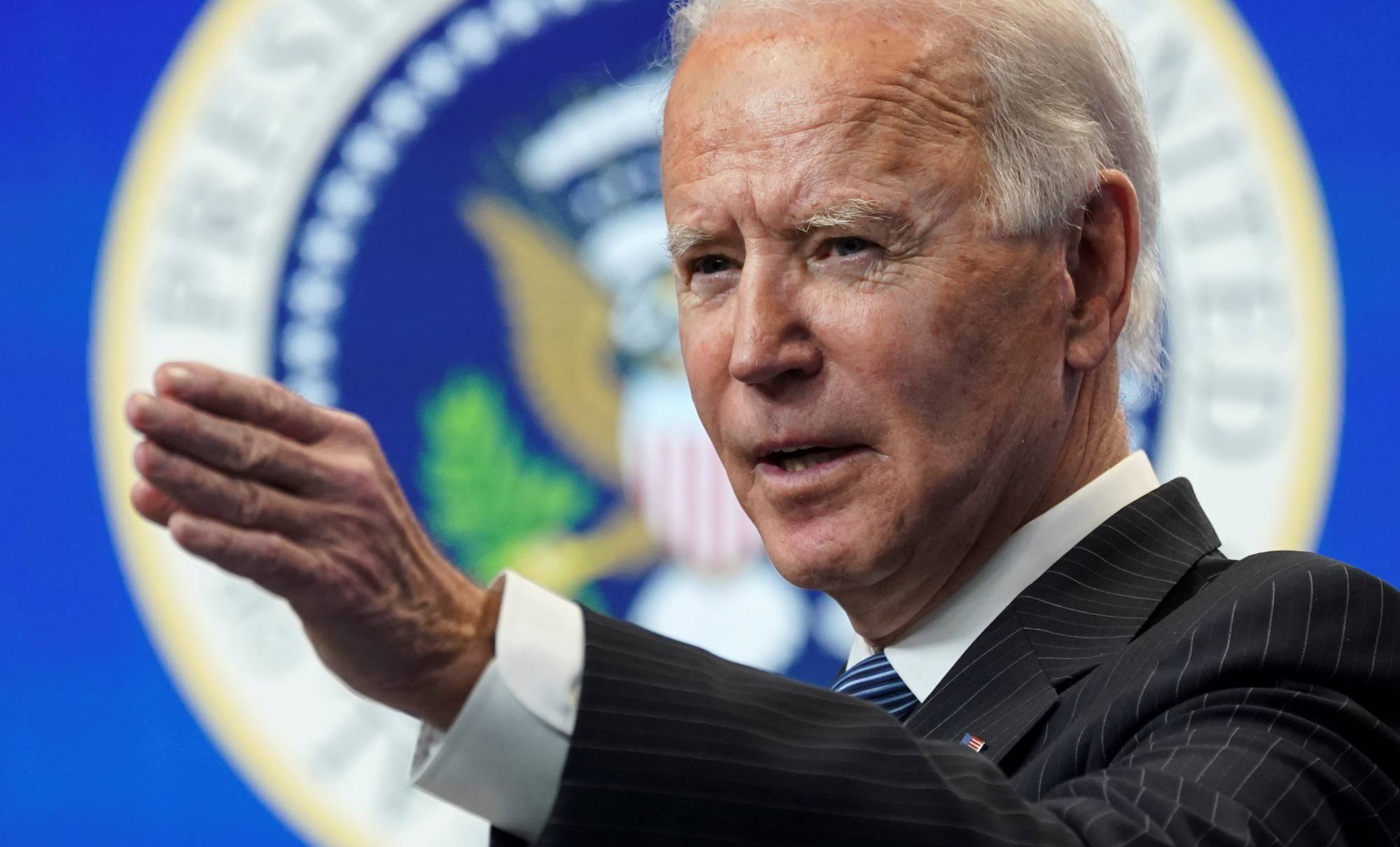That didn’t take long. Shortly after the echoes of the feel-good song “Kumbaya” died out in Washington last week, German Chancellor Angela Merkel warned that all would not be sweetness and light between her country and the administration of the newly inaugurated U.S. President Joe Biden. “Don’t think that from tomorrow there will only be harmony between us,” Merkel harrumphed the day after the inauguration. “There will also be arguments about how best to do things for our two countries.”
Of course, there will continue to be differences between the United States and Germany, as there will be with every other U.S. ally and partner, no matter how important the relationship and no matter how great their relief at seeing the backside of the Trump presidency. The world is evolving, and that is forcing a reassessment of the internal calculations that shape international relations. Fortunately, larger concerns — the national interests — that bind nations remain largely unchanged. How those interests are secured and protected — national strategies and tactics — is what’s in flux. Merkel acknowledged that as well, noting that there will be “much more scope for political agreement” with the new administration than with Trump. “Cooperation (will) rest on a broader foundation of common beliefs.”
Similar sentiment was expressed in most responses to the Biden inauguration. Prime Minister Yoshihide Suga tweeted, “I look forward to working with you and your team to reinforce our alliance and to realize a Free and Open Indo-Pacific,” a note that sounded a lot like the statement of NATO Secretary-General Jens Stoltenberg, who also looks “forward to working closely with President Biden ... to make our strong Alliance even stronger and fit for the future.” British Prime Minister Boris Johnson, Canadian Prime Minister Justin Trudeau and even Chinese Ambassador to the United States Cui Tiankai declared that they too were “looking forward to working with the new administration.” The list could go on.


















With your current subscription plan you can comment on stories. However, before writing your first comment, please create a display name in the Profile section of your subscriber account page.